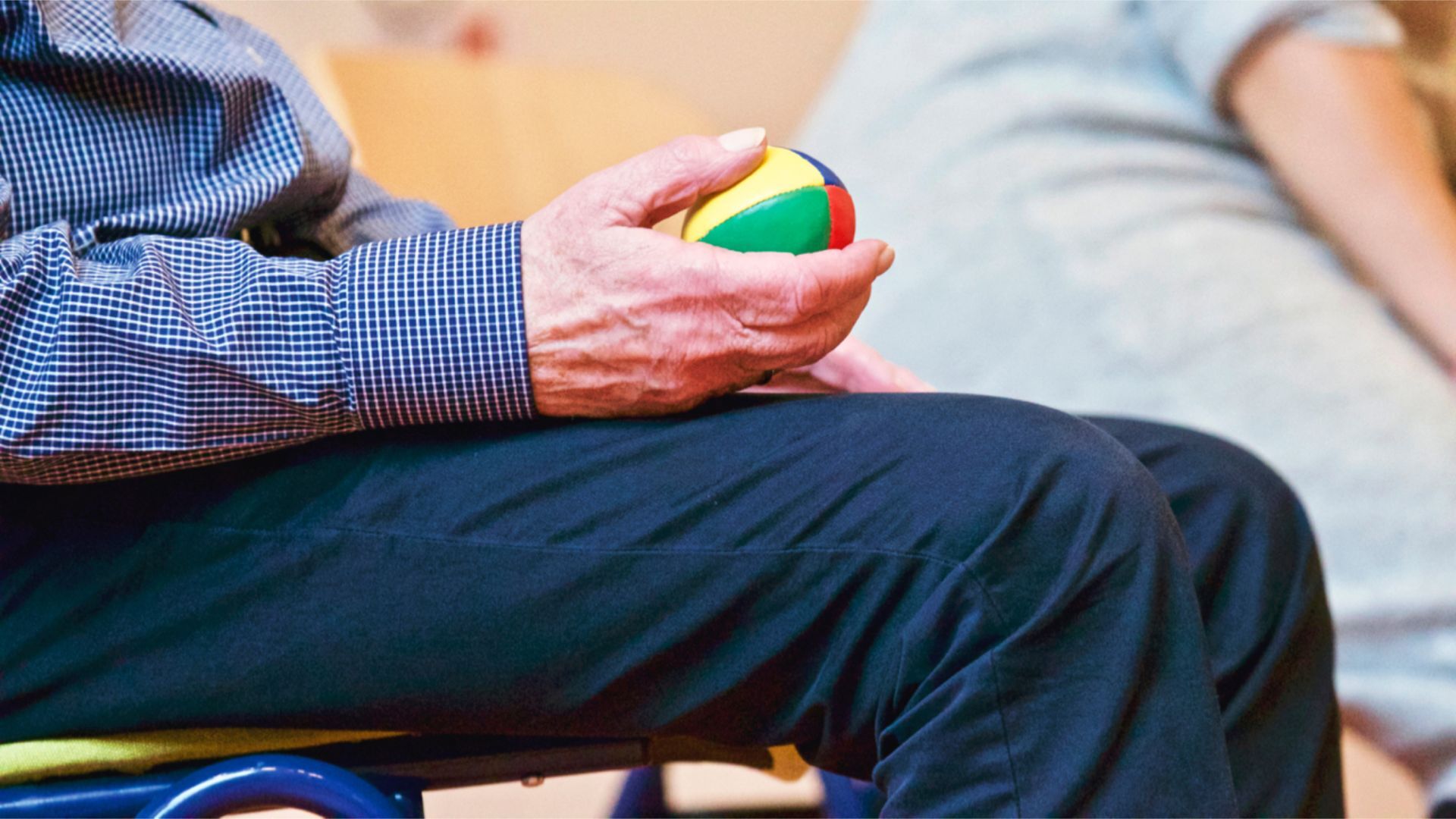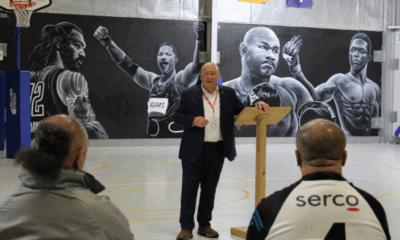Health
New Zealand Faces Dementia Crisis with Urgent Funding Needs

New Zealand is at a critical juncture as the number of individuals diagnosed with dementia is projected to exceed 170,000 by 2050, more than doubling the current figure of approximately 83,000. Alzheimers New Zealand has issued a stark warning that the nation is “dangerously unprepared” to manage this impending crisis, underscoring the urgent need for government intervention.
Catherine Hall, Chief Executive of Alzheimers New Zealand, highlighted the dire state of community-based services, which she described as “woefully underfunded and under-resourced.” Hall’s concerns were amplified by the recent release of the World Alzheimer Report 2025, which called for increased investment in rehabilitative services aimed at helping individuals with dementia maintain their independence.
Call for Increased Funding
Currently, 17 dementia support organisations across New Zealand provide essential services. However, Hall warned that without adequate funding, families and the healthcare system will continue to face significant challenges. “Dementia is a national health emergency and New Zealand still has no funded, implemented plan to deal with it,” Hall stated. “Without political will and investment, the health system, the care sector, and thousands of families will continue to struggle unsupported.”
In light of this situation, Alzheimers New Zealand has requested an additional $20 million in the upcoming 2026 Budget. The organization noted that funding has remained stagnant since 2022, when only $12 million was allocated over a four-year period for the Dementia Mate Wareware Initiative. Hall argued that the additional funding would help address priorities outlined in the New Zealand Health Plan 2024–27, which focuses on improving community care and managing the increasing prevalence of dementia.
Government Response and Future Plans
In response to these concerns, Associate Health Minister Casey Costello emphasized that the government is not overlooking the issue. She confirmed her attendance at Alzheimers New Zealand’s summit scheduled for Tuesday. Costello pointed out that broader reforms are underway to ensure that older New Zealanders can age with dignity, prioritizing prevention, primary care, aged care, and community-based support.
“Dementia is an example of a condition where preventative work is important and successful,” Costello remarked. “We want a system that allows people to live at home for as long as possible and provides better transitions between different types of care.”
As New Zealand grapples with this looming crisis, the collaboration between government officials and health organizations will be crucial in developing effective strategies to support those affected by dementia and to alleviate the pressure on families and the healthcare system. The urgency of the situation calls for immediate action to create a sustainable framework for the future.
-

 Sports2 months ago
Sports2 months agoNetball New Zealand Stands Down Dame Noeline Taurua for Series
-

 Entertainment2 months ago
Entertainment2 months agoTributes Pour In for Lachlan Rofe, Reality Star, Dead at 47
-

 Entertainment4 weeks ago
Entertainment4 weeks agoNew ‘Maverick’ Chaser Joins Beat the Chasers Season Finale
-

 Sports7 days ago
Sports7 days agoEli Katoa Rushed to Hospital After Sideline Incident During Match
-

 Sports2 months ago
Sports2 months agoSilver Ferns Legend Laura Langman Criticizes Team’s Attitude
-

 Politics1 month ago
Politics1 month agoNetball NZ Calls for Respect Amid Dame Taurua’s Standoff
-

 Entertainment2 months ago
Entertainment2 months agoKhloe Kardashian Embraces Innovative Stem Cell Therapy in Mexico
-

 Sports4 days ago
Sports4 days agoJamie Melham Triumphs Over Husband Ben in Melbourne Cup Victory
-

 World3 months ago
World3 months agoPolice Arrest Multiple Individuals During Funeral for Zain Taikato-Fox
-

 Sports3 months ago
Sports3 months agoGaël Monfils Set to Defend ASB Classic Title in January 2026
-

 Entertainment1 month ago
Entertainment1 month agoTyson Fury’s Daughter Venezuela Gets Engaged at Birthday Bash
-

 Sports1 month ago
Sports1 month agoHeather McMahan Steps Down as Ryder Cup Host After Controversy















